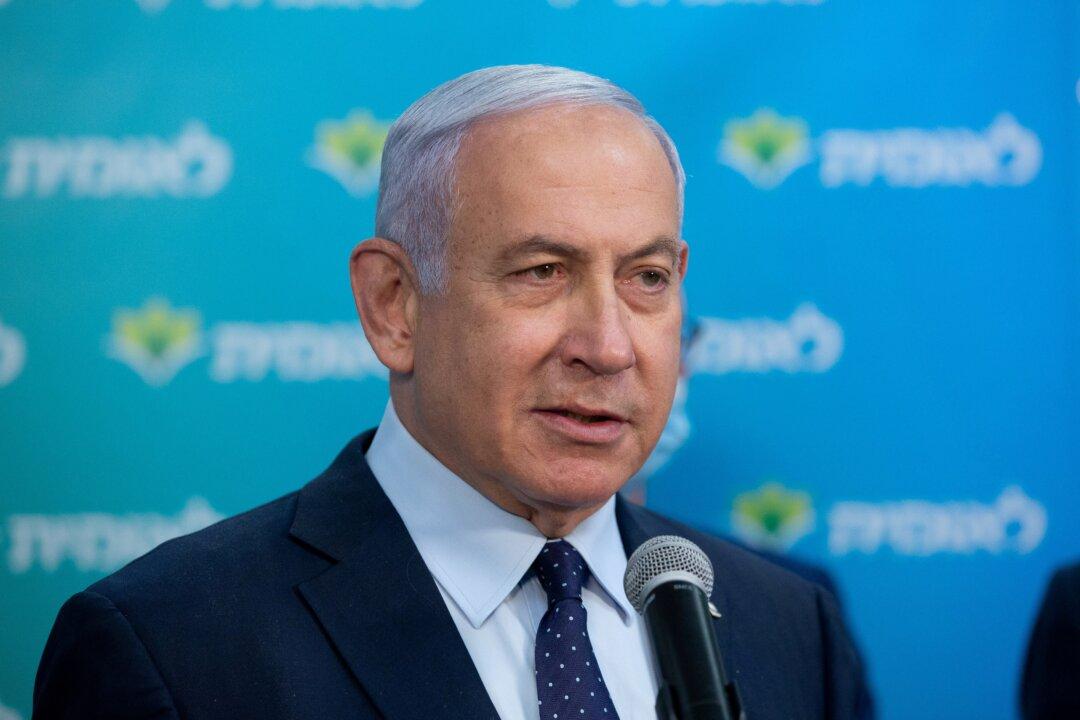Commentary
On Tuesday, the many political parties in Israel’s parliament, and a few new ones, will seek election, with the contest broadly between those parties for and those against Prime Minister Benjamin Netanyahu remaining in power.

On Tuesday, the many political parties in Israel’s parliament, and a few new ones, will seek election, with the contest broadly between those parties for and those against Prime Minister Benjamin Netanyahu remaining in power.